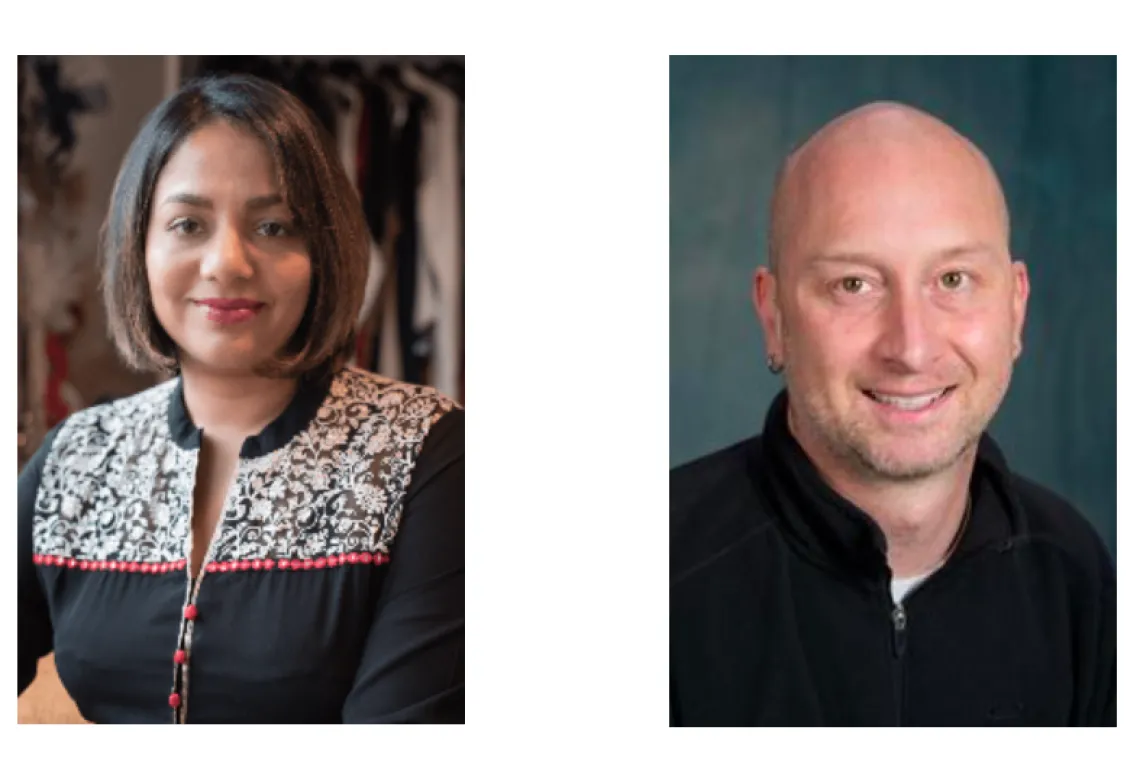
When
Where
Stories are integral to making sense of the world, transforming identities, building community, and enacting social change. Activists working to build a more just and inclusive food system have powerful stories to tell:
- Stories of restoring the dignity and humanity of people who bear the brunt of global capitalism.
- Stories of establishing indigenous foodscapes in spaces where decades of colonial agricultural practices have eradicated their very existence.
- Stories of transforming urban space into community gardens and affordable food co-ops.
Our stories make the invisible visible and offer possibilities for reshaping the world.
This workshop tangles with the difficult question of communicating racialized food activism in a context of corporatized media, short attention spans, and overt hostility to racial justice. Participants are invited to explore issues of identity as they relate to storytelling, activism, and “communication sovereignty”. We will learn how to tell stories that centralize the voices, experiences, and agency of those who are unheard and uninvited to the table.
Thinking about how we tell stories about who we are and the world around us are fundamental tools for movement-building and for advancing new visions and imaginaries for equitable futures.
Click here to watch the workshop.
Bio of the Speakers
Rebecca T. de Souza's (Ph.D., Purdue University) is an associate professor in the School of Communication at San Diego State University. Her research is concerned with how communication, race, and political-economic systems impact access to food, health, and social wellbeing. Dr. de Souza’s critically acclaimed book Feeding the Other: Whiteness, Privilege, and Neoliberal Stigma in Food Pantries (2019), explores the role of stigma in the lives of food insecure individuals.
Dr. Adam Pine is a human geographer (Ph.D. Rutgers) with teaching and research interests in urban policy, race, and the global food system. His principal research projects examine the relationship between white supremacy and US urban planning, the interconnections between housing precarity and food insecurity, and how anti-racist food activists are fighting to institute the right to food in the US.

